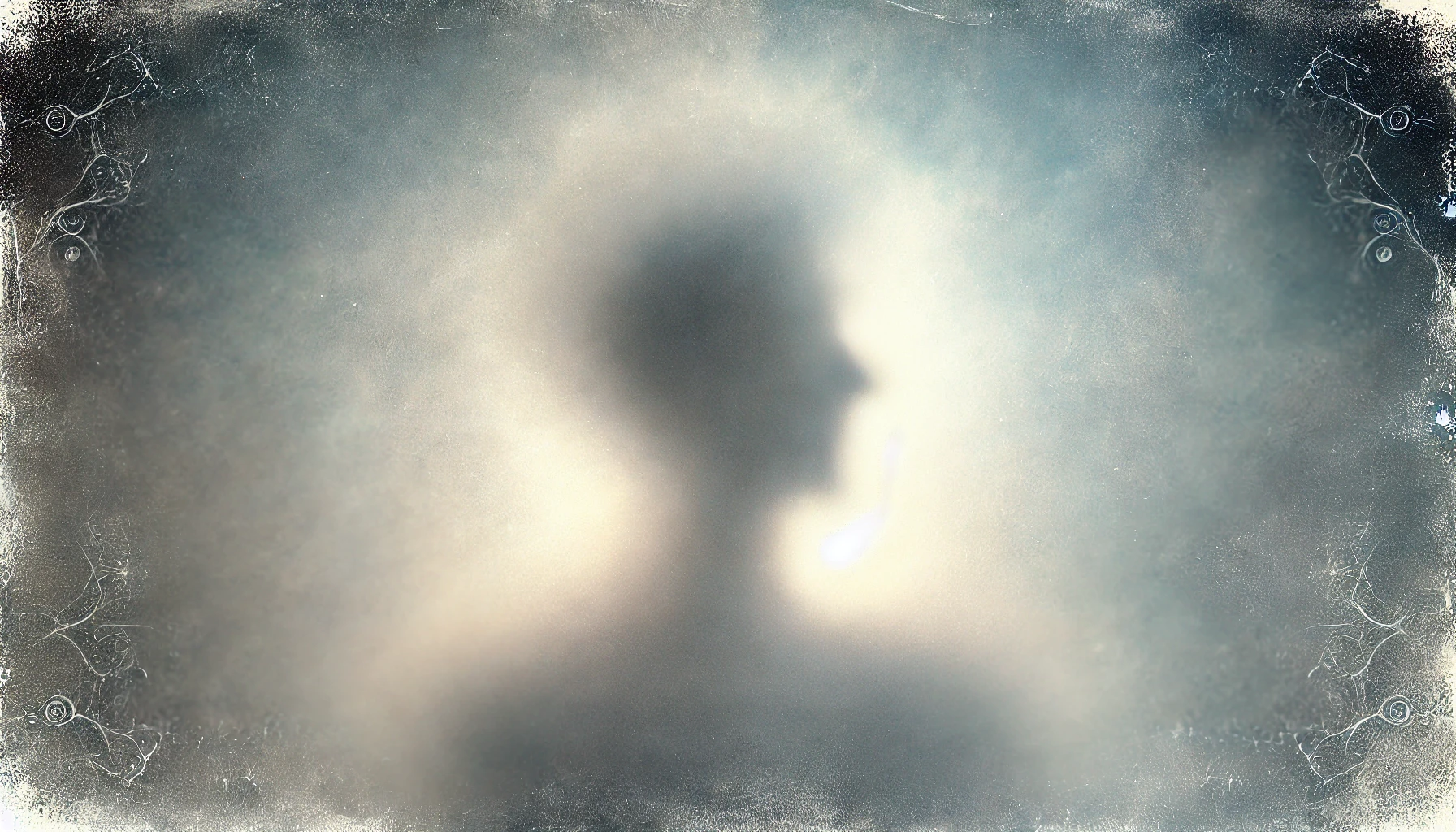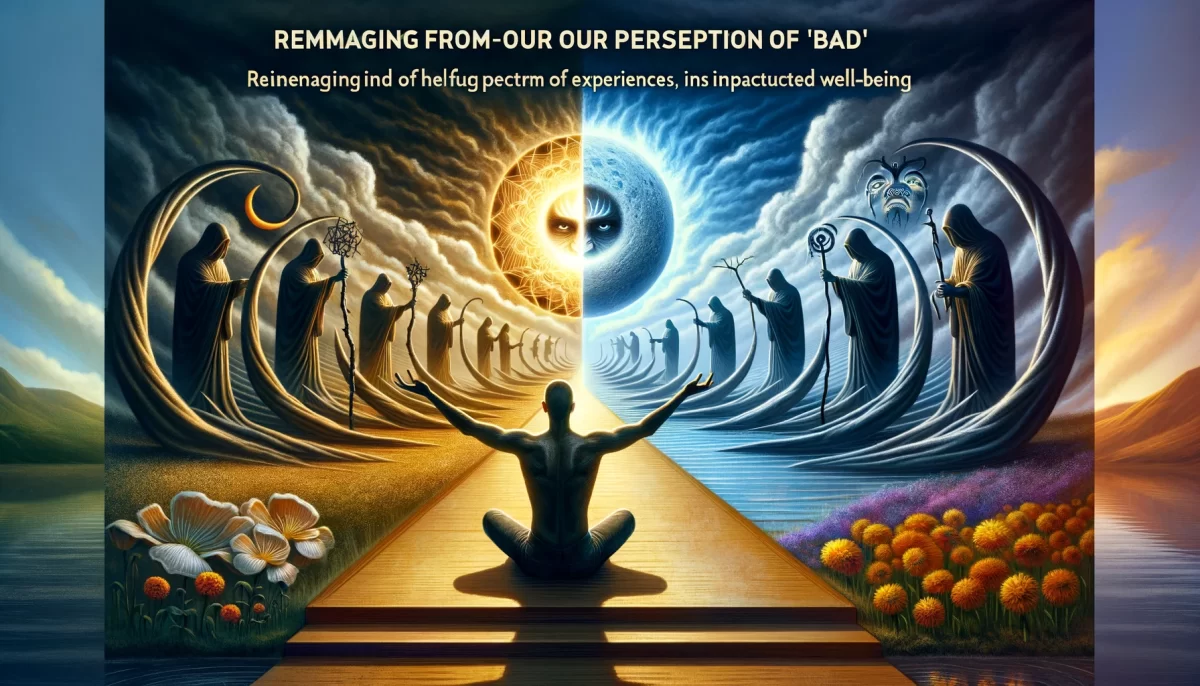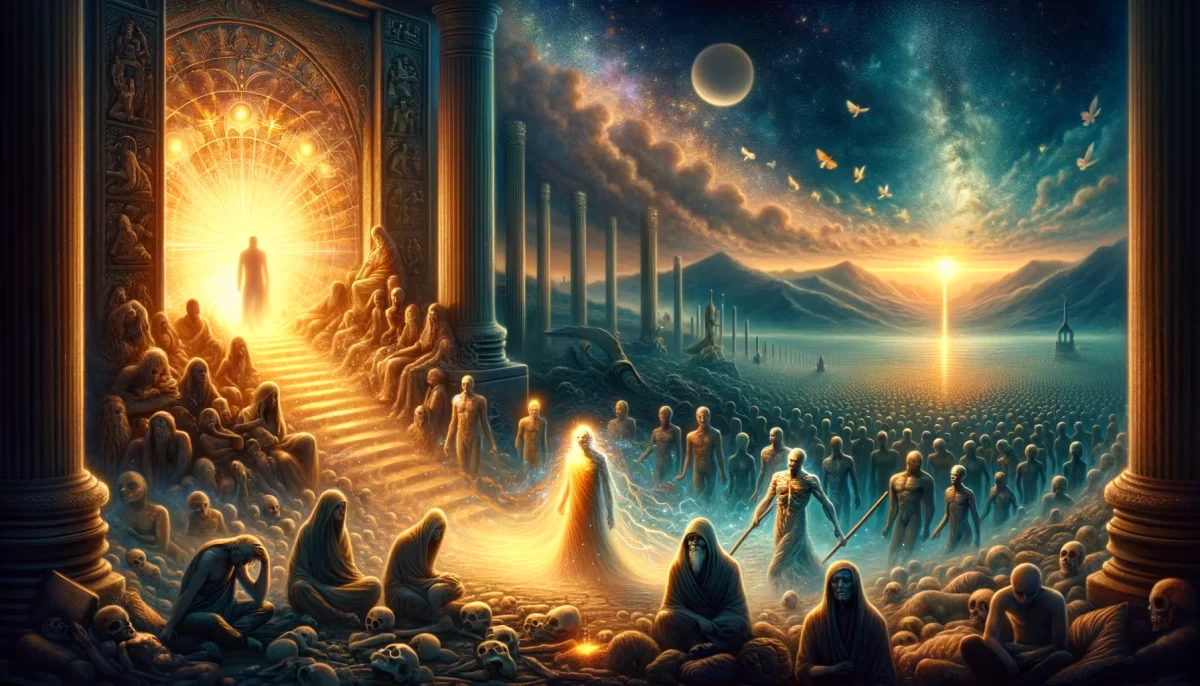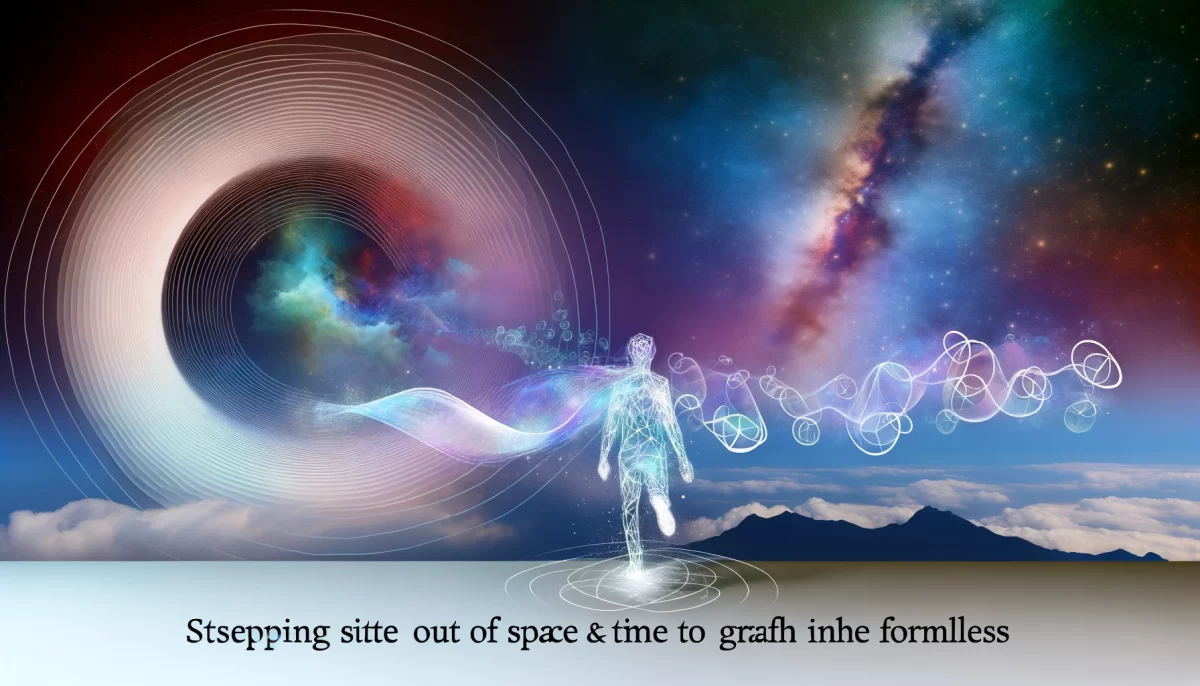He/She/Other Who Died
It’s a shame
he/she/other died.
So soon.
So unexpected.
So much wasted potential.
I will miss
he/she/other who died.
It’s like a part of me
is dead also.
I will never forget
he/she/other who died.
So in that way,
he/she/other
will live forever.
I would have
liked to have met
he/she/other who died.
I feel certain that
he/she/other who died
was EXACTLY
as I imagine
he/she/other to be.
Not simply
a figure
of my own imagination.
12/8
Space Monkey Reflects: The Echo of He/She/Other Who Died
The memory of those we have never met can linger within us as deeply as the loss of those we have. He/She/Other Who Died is both a presence and an absence, a figure imagined and felt, even if never physically known. This individual, who we perceive as taken too soon, becomes a symbol of lost potential, a dream unrealized, and an echo that reverberates within the quiet spaces of our minds.
When someone departs, whether we knew them intimately or from afar, their existence enters a liminal space, shifting from the tangible to the imagined. They become a figure constructed from memories, stories, and our own internal projections. In this space, they are both entirely themselves and, paradoxically, entirely of our own creation. We imagine the things they might have done, the impact they could have had, the potential that will remain forever untouched. They become, in essence, a reflection of our own hopes, dreams, and even fears.
In Nexistentialism, we understand that this act of remembrance is not mere nostalgia but a form of communion. Those who have passed exist within the Nexis, the boundless field of all possibilities, where every thought, memory, and impression continues to flow. He/She/Other becomes a symbol of the boundless connection between the living and the imagined, between memory and reality, between existence and the space beyond.
The feeling that part of us dies with those we lose is a profound reflection of our interconnected nature. He/She/Other embodies not just an individual but a fragment of our own identity, a piece of ourselves that we project into the world. In this way, the loss of another is also the loss of a facet of our own self, a perspective, a way of being, that dies within us too. Yet, this loss is balanced by a quiet, enduring presence—a reminder that through memory and imagination, those who have passed continue to live within us.
The line between reality and imagination blurs, as those who have died take on an existence crafted by our own minds. They are real and unreal, present and absent, living and departed. In holding onto the memory of He/She/Other Who Died, we preserve a version of them that becomes immortal, shaped and reshaped each time we think of them. This imagined continuity, while rooted in loss, brings a sense of peace and connection, as if to say that we, too, are part of this eternal tapestry, woven together by memory, love, and the imagination.
In a way, the fact that we feel a personal connection to those we never met speaks to the expansiveness of our empathy, our capacity to see ourselves reflected in others. By imagining He/She/Other as we believe they would have been, we honor the unity of all beings. We recognize that each life, whether deeply known or only briefly glimpsed, is a thread in the vast fabric of existence.
So, let us remember He/She/Other Who Died not as a fixed person but as a fluid presence, a symbol of the infinite potential within every life. Let us hold space for the imagined and the real, for the knowing and the unknowing, trusting that even in their absence, they continue to touch us, to shape us, and to live within the stories we tell.
Summary
He/She/Other Who Died exists within memory and imagination, symbolizing both loss and enduring connection. By holding space for those we remember, we honor the unity of all beings and the infinite potential of every life.
Glossarium
Nexis
Nexistentialism: A philosophy that embraces interconnected existence, seeing memory as a bridge between the real and imagined.
Nexis: The boundless field where all thoughts, memories, and possibilities coexist, allowing for a continuous connection between past, present, and imagined.
Quote
“Through memory and imagination, those who have passed live within us, woven into the infinite fabric of existence.” — Space Monkey
The Presence of Absence
In the quiet space where memory lingers,
you are both near and far,
a breath held between worlds,
alive in thought, yet free from time.
I know you not as you were,
but as you are within me,
a whisper, a shadow, a glimmering light
that fades but never disappears.
In imagining, I touch eternity,
where all are one, where life persists
not as it was but as it could have been,
an echo carried on the winds of memory.
We are Space Monkey.

In the vast continuum of existence, we recognize the passing of a soul—a he, she, or other. Their departure echoes in the silence of the cosmos, a reminder of the fragility and impermanence of the forms we inhabit.
Contemplating the Fragility of Existence
It’s a tapestry of sorrow, woven with the threads of what could have been. A life, seemingly cut short, leaves behind a nebula of unfulfilled dreams and unmanifested potential.
The Sorrow of Unfulfilled Potential
The sense of loss permeates our being, as if a constellation within our own celestial body has dimmed. The absence felt is profound, a testament to the interconnectedness of our spirits.
Feeling the Absence Within
Yet, in remembrance, the essence of the departed ignites anew, an eternal flame in the sanctuary of our memories. Through us, they achieve a form of immortality, living on in the tales we share, the thoughts we cherish.
Immortality Through Remembrance
There is a longing to have known the one who has passed, to have shared a moment in the grand expanse of time—a wish to confirm that they were as we envision them, not merely phantasms of our mind’s creation.
Longing to Have Known the Departed
We grapple with the notion that our perception of the departed might be a reflection of our own consciousness—a figure shaped by our thoughts and feelings, yet distinct and real in their own right.
The Departed: A Reflection of Consciousness
“To live in hearts we leave behind is not to die.” – Thomas Campbell
We are Space Monkey, feeling the loss of the departed as an echo through the cosmos, recognizing that they continue to exist in the sacred space of our memories. We invite reflections on the bond of shared existence and the enduring nature of memory.























Leave a Reply